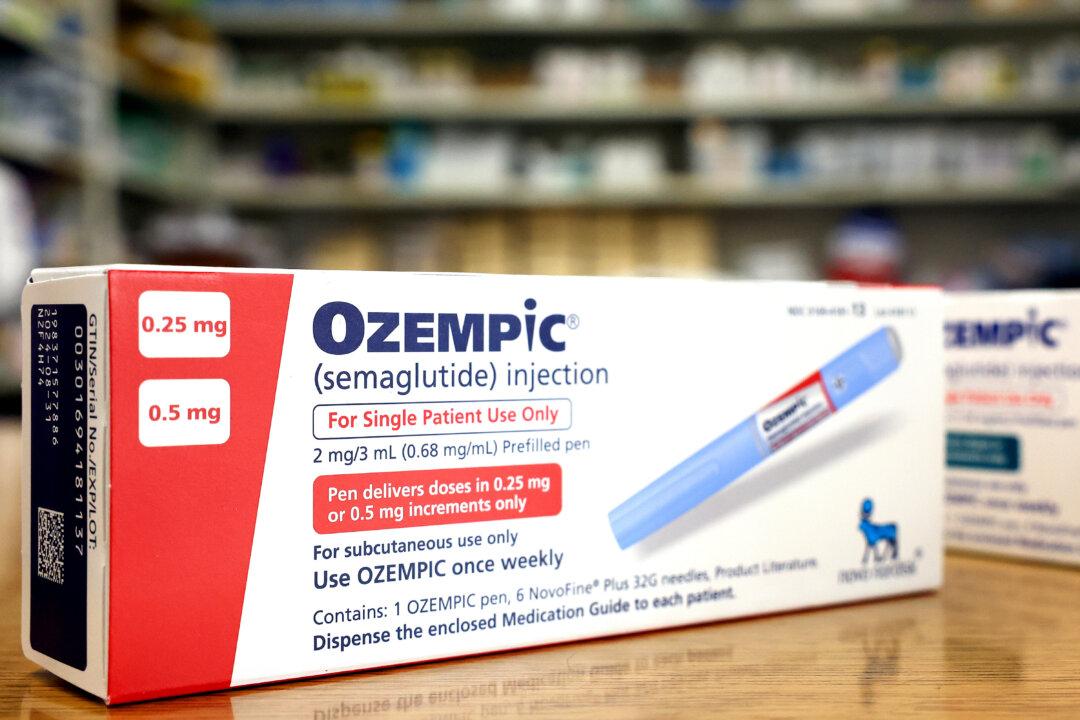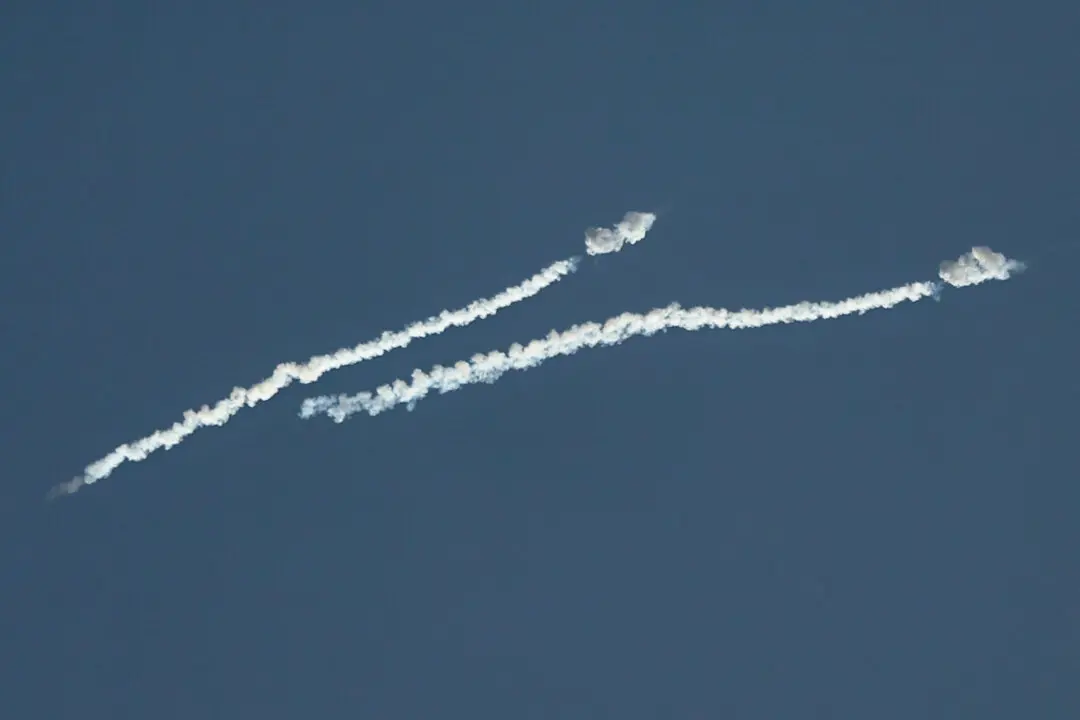Tim Morrison, a former top national security adviser to the president, said last month that he believed nothing unusual occurred during the July 25 phone call between Ukrainian President Volodymyr Zelensky and President Donald Trump, according to a transcript released over the weekend, while he also stated that Gordon Sondland, the U.S. ambassador of the European Union, was involved in an effort to foster Ukraine to open an investigation into Joe Biden.
He was uncertain of Trump’s involvement in Sondland’s efforts. “I’m still not completely certain that this was coming from the President,” Morrison testified to House Democrats. “I’m only getting this from Ambassador Sondland.”





